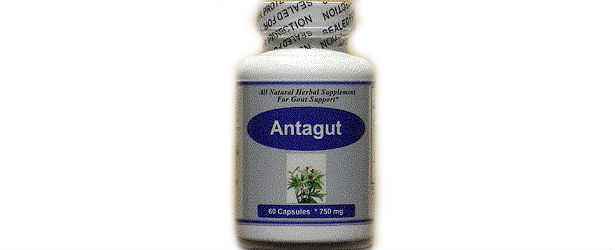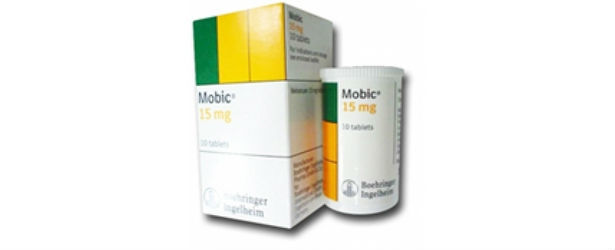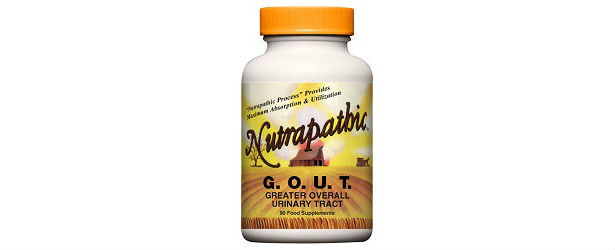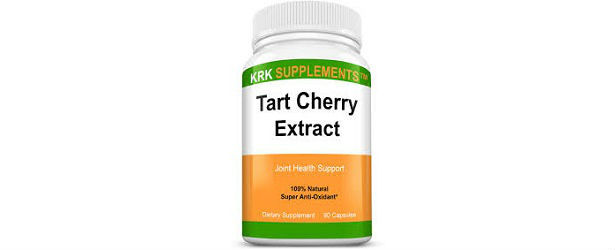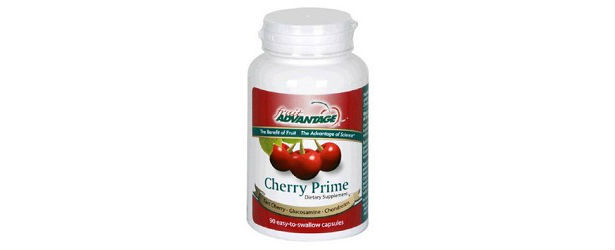
How to Stabilize Gout
If you have suffered from your first acute flare from gout, then your first goal is to lower the inflammation and pain in your body. Stabilizing gout takes the use of anti-inflammatory medications, dietary changes, lifestyle changes, and rest. This reduces your symptoms and gets your body ready for the actual gout treatment.
 After your done stabilizing gout and the inflammation levels are lower, you and your doctor can decide on the best treatment to reduce your uric acid levels. Uric acid is the main culprit in gout attacks and high levels need to be brought back to normal in order to fully heal from gout.
After your done stabilizing gout and the inflammation levels are lower, you and your doctor can decide on the best treatment to reduce your uric acid levels. Uric acid is the main culprit in gout attacks and high levels need to be brought back to normal in order to fully heal from gout.
Stabilizing Gout
Once you have seen your physician and received a diagnosis of gout, he or she will begin medications to help your body in stabilizing gout. This means reducing the inflammation in the body to help with pain relief and make your body more responsive to treatment. The following medications can help:
- Non-Steroidal Anti-Inflammatory medications (NSAIDS) – This is usually the first line of treatment at the onset of an acute flare. Stabilizing gout requires the inflammation in the body to come down first to help alleviate the severe pain and begin healing. This treatment is stopped after symptom relief is obtained.
- Corticosteroids (Prednisone) – These are only used if the above NSAIDS were not effective in reducing inflammation and pain. Doctors can prescribe a dose pack and taper them down or give a single injection. Corticosteroids are never used long-term due to the risk of adverse effects.
- Colchicine – Colchicine blocks the effects that uric acid has on inflammation in the body. It does not reduce uric acid levels, but keeps the body from reacting to it. It has some side-effects, so doctors usually use the lowest effective dose to help reduce the inflammatory response.
Treating Uric Acid Levels
Once you have stabilized, you can begin to work on reducing the uric acid levels in your body. There are many therapies out there that help lower uric acid and encourage the kidneys to flush it out. Doctors can prescribe other medications to help with lowering or blocking uric acid in the body.
Treatment also requires lifestyle and diet changes to prevent future attacks to the body. Chronic recurrent gout attacks can cause permanent joint damage. If you continue with lifestyle changes, dietary modification, and treatment, then gout symptoms will eventually subside and you may be able to live normally for the rest of your life.
People who have the following risk factors should keep uric acid levels low in their bodies:
- High uric acid levels in the blood
- Kidney stones
- Osteoarthritis
- Family history of gout
- Colchicine treatment failure during acute gout flares
If you have suffered an acute gout attack in the past or you are at risk for gout because of the above risk factors, follow a healthy diet plan and lifestyle to prevent gout attacks. One important thing you must do in stabilizing gout is to lower your consumption of red meats, organ meats, seafood, and alcohol. Drink extra water, start to exercise and try to lose any extra weight.
TOP 5
GOUTTreatments |
|||||
| GoutClear | Goutezol | Flamasil | GR-911 | Uricinex | |
|---|---|---|---|---|---|
| 1 | 2 | 3 | 4 | 5 | |
| Price (1 bottle) Price (6 bottles) Best Value |
$49.95 $135.70 |
$59.95 $359.70 |
$42.95 $257.70 |
$39.95 $169.70 |
$29.95 $179.70 |
| Overall Rating | 99.10% | 78% | 73.50% | 62.40% | 62% |
| Effectiveness* |





|





|





|





|





|
| Speed of Results* | Extremely Fast | Fast | Average | Slow | Slow |
| Quality of Ingredients | Premium | Good | Good | Average | Unknown |
| Customer Satisfaction Evaluation | 99.10% | 80% | 75.20% | 73% | 61.10% |
| Safety Evaluation | Safe for Use | Safe for Use | Safe for Use | Safe for Use | Safe for Use |
| Customer Service Rating |





|





|





|





|





|
| Reorder Rate | Highest | Good | Average | Average | Average |
| Return Policy | Risk Free | Unused | Unopened + Restocking Fee | Unopened | 2 opened only |
| Success Rate | 97.30% | 77.30% | 73% | 75.10% | 62% |

 Subscribe Now
Subscribe Now





